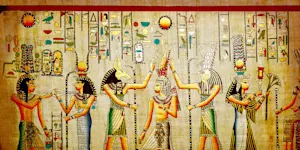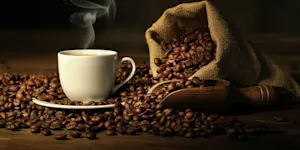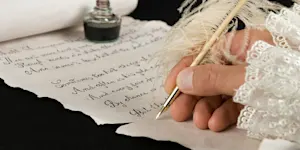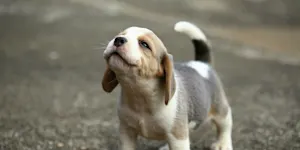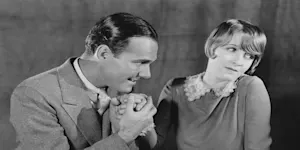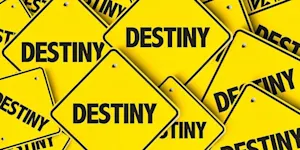What Makes This Word Tick
Ah, "prance" — a word that instantly brings to mind images of lighthearted frolicking and joyous antics. It's all about movement with flair, stepping lively and with purpose, often leaving a trail of smiles in its wake. Think of it as a verbal tribute to all things jubilant and spry.
If Prance Were a Person…
If "prance" were a person, they'd be the type who never walks when they can skip or hop. Spirited and infectious in energy, they're the friend who livens up a party just by arriving. You know the one—always up for an adventure, arms swinging and a twinkle in their eye.
How This Word Has Changed Over Time
Interestingly, "prance" once had a more serious side linked to horses, meaning to ride proudly or lift the front legs when moving. Over time, it has pranced away from its equestrian roots to capture a more whimsical and playful spirit. Its evolution mirrors a shift in focus from equine elegance to the lighthearted buoyancy associated with skipping.
Old Sayings and Proverbs That Use Prance
While "prance" doesn't headline any age-old proverbs, it captures a timeless sentiment of joyful abandon akin to "putting a spring in one's step." It's the spirit behind proverbial encouragements to "lighten up" or "dance like nobody's watching."
Surprising Facts About Prance
"Prance" was once a popular term in the medieval era, tied closely to the movements of knights and their steeds in jousting tournaments. Another tidbit: animal trainers often use "prance" as a cue for entertainment horses to showcase graceful, elevated trots.
Out and About With This Word
You'll find "prance" strutting its way into holiday events—think parades full of prancing horses or cheerful dancers — each step a testament to festivity. It's the perfect word to describe your dog’s giddy gait when the leash comes out for a walk.
Pop Culture Moments Where Prance Was Used
Surely one can't think of "prance" without recalling sitcom scenes where characters engage in over-the-top celebrations, channeling their inner prancer just for laughs. Animated movies love to feature prancing animals, embodying innocence and joy. Remember those prancing unicorns?
The Word in Literature
"Prance" often graces children's books, igniting images of enchanting and lively characters who always seem to be mid-motion. It's the whimsical companion in tales where the world is alive with fun and fancy. One might find it nestled in poetry where rhythm sings.
Moments in History with Prance
Picture the Renaissance fairs where troubadours and jesters might prance to entertain the crowds, adding color and flair to life in the medieval times. Or imagine the opulent days of Louis XIV’s court, where the gallant prance of a noble's horse was a symbol of prestige.
This Word Around the World
In French, prance translates to "cabrer," alluding to a horse rearing—again drawing from its equestrian past. Across cultures, movements akin to prancing often carry connotations of joy and playfulness, universally understood gestures bridging language gaps.
Where Does It Come From?
Derived from the Middle English "praunsen," a back-formation of "prank," itself linked to cunning showiness, "prance" has roots in the perceived elegance of a trotting horse. Its ancestry speaks to both physical agility and a playful spirit across time.
How People Misuse This Word
People sometimes mistakenly use "prance" to describe any quick, upbeat movement without the elegant, light-hearted nuance it entails. It's not simply skipping; it carries a sense of showmanship and grace unique to the prance.
Words It’s Often Confused With
Dance: While both involve movement, prancing is more whimsical and unstructured.
Skip: Skipping is similar but lacks the elegant, bouncing rhythym.
Gallop: Only for creatures with hooves, and faster-paced.
Trot: Another equine term that's less sprightly than a prance.
Additional Synonyms and Antonyms
Synonyms for "prance" include "caper," "frolic," and "gambol," all capturing the essence of joyful movement. On the flip side, antonyms like "trudge," "plod," and "slog" paint a picture of more laborious or weary locomotion.
Want to Try It Out in a Sentence?
"Watching the children prance around the playground, I couldn't help but feel a surge of nostalgia for the carefree days of my youth."


